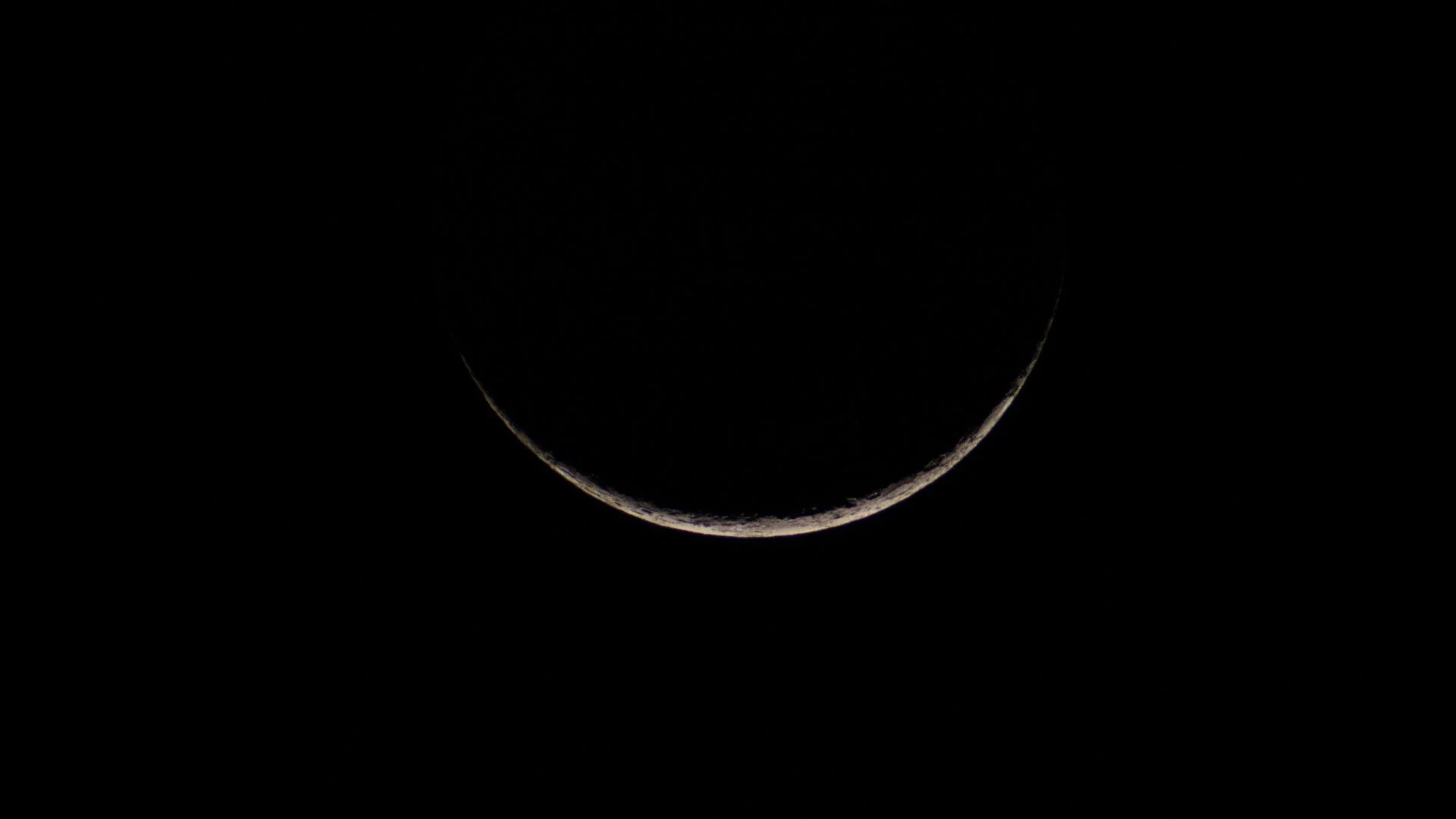We Need Moon Sighting More Than Ever
"They ask you about the phases of the moon. Say, “They are a means for people to determine time and pilgrimage.” Righteousness is not in entering your houses from the back doors. Rather, righteousness is to be mindful ˹of Allah˺. So enter your homes through their ˹proper˺ doors, and be mindful of Allah so you may be successful." (Qur'an 2:189)
The One who made us has certainly blessed us in the form of the stars, the moon, the sun, and the swaying trees. Allah has gifted us with nature not just as decoration and adornment, but as tools and guides. While the natural world seems more majestic and nobler than us, it is in fact subjugated to us. We have been endowed with the immense capability to understand our world and manipulate it for our benefit. We have thrown our weight around so much, in truth, that we can turn our backs on nature and rely solely on the data and tools we've used to understand and anticipate it. But clearly, as evidenced from the Qur'an, Allah is not keen on our disassociation with the rest of creation.
He subjected for you whatever is in the heavens and whatever is on the earth—all by His grace. Surely in this are signs for people who reflect. (Qur'an 45:13)
The early Muslims channeled their energy into going out and sighting the moon-putting themselves in the best position to see it should it appear in the sky. They did not channel their energy into worrying about sighting the moon. There’s a big difference. If they saw it, they knew a new month had begun. If not, they knew a new month would begin the next night at sunset. Despite the temperament of some Muslims, there is actually nothing to worry about. Allah has engineered a system that works for the majority of Muslims, the majority of the time. The desire to know when Ramadan and Eid will be each year for the next decade is excessive. One might even say that it's a form of entering through "the back door." Calculation is a wonderful tool and a great support, but it is rarely necessary. Either you see the moon or you don’t. It should be noted that moon sighting is not unscientific. The Qur'an clearly discusses it as a reliable means for determining time which means that it can be depended upon and thus useful in scientific inquiry. People who know how to sight the moon don’t just walk outside and start aimlessly looking at the sky. They know what direction to face and how high up and what time is optimal. The practice of moon sighting and observing the sun and shadows for prayer time fed the spirit that led to Muslims becoming champions of scientific discovery in the realms of math and astronomy.
"He is the One Who made the sun a radiant source and the moon a reflected light, with precisely ordained phases, so that you may know the number of years and calculation ˹of time˺. Allah did not create all this except for a purpose. He makes the signs clear for people of knowledge." (Qur'an 10:5)
If you think about it, we need to look up at the sky more than our ancestors did. We live in a time in which we are constantly looking down at our phones and computer screens- we are literally shutting out the many signs of Allah around us.
